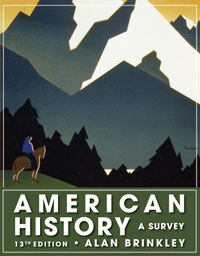1 William A. Dunning 2 The Ills of the South , by Charles H. Otken, a Mississippi Baptist preacher and schoolteacher. Consider this document and the relevant parts of the text, and answer the following questions: Why did the crop-lien system arise? What were the consequences of the system on land ownership and crop selection? Could the system be fairly described as a "vicious circle"?Charles H. Otken 3 Plessy v. Ferguson , which was decided by the Supreme Court in 1896. Included here are excerpts from the majority opinion and from Justice John Marshall Harlan's lone dissent. Consider the following questions: Which opinion is more convincing concerning the implication of the inferiority of blacks in the "separate but equal" doctrine? How does Harlan's dissent foreshadow the arguments of twentieth-century civil-rights crusaders? Is the United States Constitution today truly "color blind"?Plessy v. Ferguson 4 http://www.ourdocuments.gov/doc.php?doc=37&page=transcript 5 http://www.ourdocuments.gov/doc.php?doc=40&page=transcript http://www.ourdocuments.gov/doc.php?doc=43&page=transcript http://www.ourdocuments.gov/doc.php?doc=44&page=transcript





